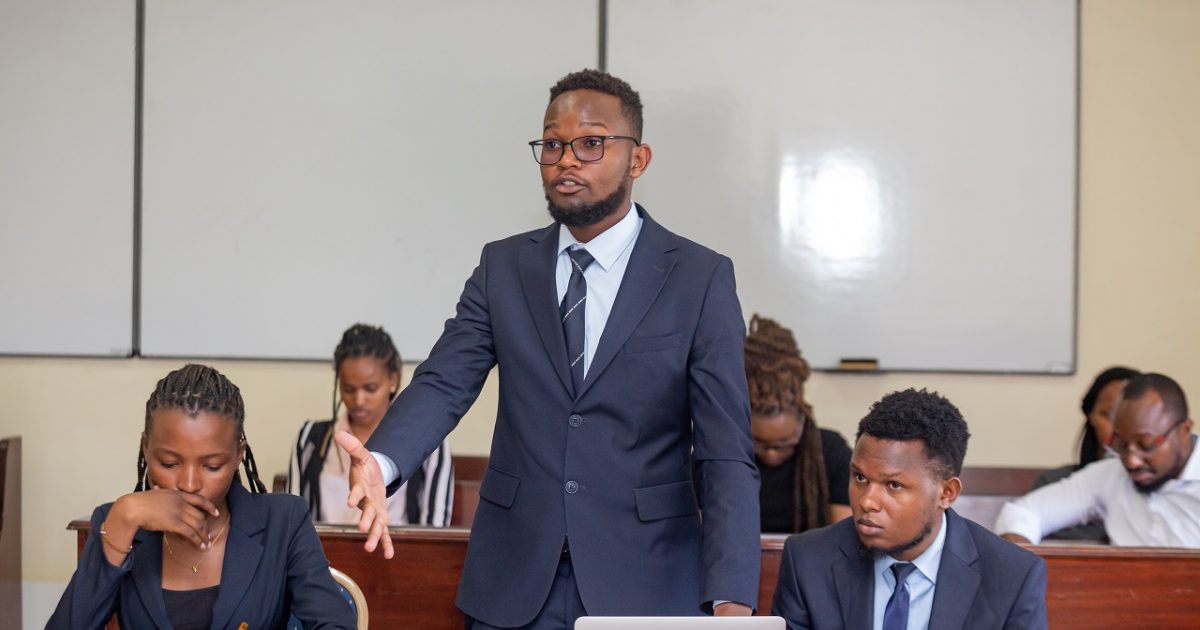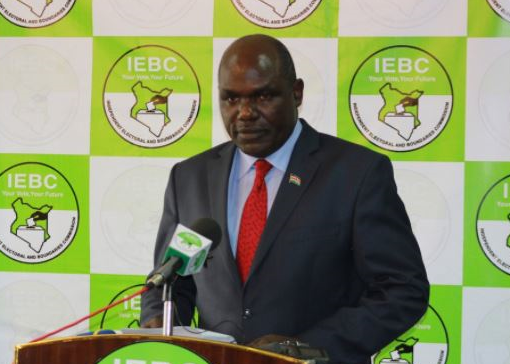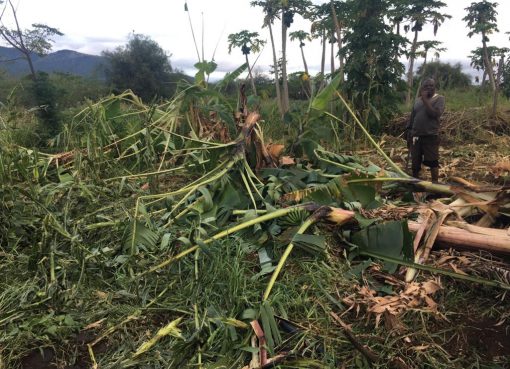Preparations for Egerton University’s Third National Legal Aid Conference to be held in Nakuru beginning Monday 14th this month are in top gear.
The venue of the meeting at the Njoro Main Campus was a beehive of activities with event organisers working round the clock to beat the deadline.
More than 1,000 guests including lawyers, law students, policy makers and academicians in the country and from several African states are expected at the event, which ends on November 19.
Organizers of the conference say its participants will explore innovative strategies aimed at promoting citizens’ participation in the electoral processes, address data protection challenges in the electoral process, in addition to addressing issues such as the right to vote and standards for right holders and duty bearers.
The conference that is organised by the University’s Faculty of Law Legal Aid Project (FOLLAP) with support from the European Union (EU) and United Nations Development Programme (UNDP), under the Amkeni Wakenya programme, will address ways of enhancing the role of the judiciary in African states as a pillar of democracy for sustainable peace and development.
The conference is expected to identify and document the best practices in managing electoral processes, define the role of the civil society organisations in promoting access to justice in the democratic space and also outline legal obligations of political parties in the electoral process.
According to Dean of Faculty of Law Dr Ruth Aura, the conference will also tackle trends in electoral processes in Africa in the 21st Century, democracy in the digital age and Sexual Gender Based Violence in the context of electoral process.
The Dean observed that despite enactment of legislation and development of various policies, access to justice remains elusive for many Kenyans particularly the poor, vulnerable and marginalized.
“First-rate legal representation in Kenya, as it is in other parts of the world, is way beyond the reach of many and occasionally unattainable among the vulnerable,” said Dr Aura.
The event themed, “Access to Justice During Electioneering Period in Africa in the 21st Century,” will provide an opportunity for stakeholders to share experiences and mechanisms of addressing the issue of access to justice for the poor and marginalized during the election period in different contexts.
The participants are expected to come up with approaches on how to motivate lawyers offering free legal services for the poor and marginalized during the election period as the Constitution emphasizes access to justice which is hindered by costs.
Dr Aura stated that access to quality legal representation was not a privilege reserved for the rich and the mighty, but a right enshrined in the Constitution as well as international treaties ratified by Kenya, to be enjoyed by everybody.
Under the Amkeni Wakenya programme, more than 40 chiefs from Nakuru West, Subukia, Naivasha, Molo, Bahati and Rongai Sub-Counties have been equipped with legal aid training.
Dr Aura said the main objective of training the administrators was to empower them with skills to handle human rights cases, gender-based violence, and resolve other family problems amicably within their jurisdictions.
The Dean observed that once chiefs acquired legal aid knowledge they would help bridge the justice gap at grassroots and help poor residents to access justice.
Through the Amkeni Wakenya programme, the Faculty of Law Legal Aid Project has also trained People living with HIV and Aids, women, youth and persons living with disabilities on the Constitution, Matrimonial Property Rights, Marriage and Dissolution of Marriage, Women and Property Ownership.
In 2017, the government launched the National Action Plan on Legal Aid 2017-2022 which provides guidelines for the provision of accessible legal aid in Kenya.
The National Action Plan on Legal Aid was developed through consultations by the National Legal Aid Service which works under the Attorney General’s office.
Previously, provision of legal aid in the country did not have any clear institutional and coordination framework in which to operate. The action plan was meant to facilitate the full implementation of the National Legal Aid and Awareness Policy, 2015, as well as the Legal Aid Act 2016 in line with the Kenyan Constitution, 2010.
The Constitution obligated the State to ensure access of justice to all persons and to protect the rights of every accused person by ensuring they have a fair trial and an advocate is assigned to them at the expense of the republic.
By Anne Mwale





